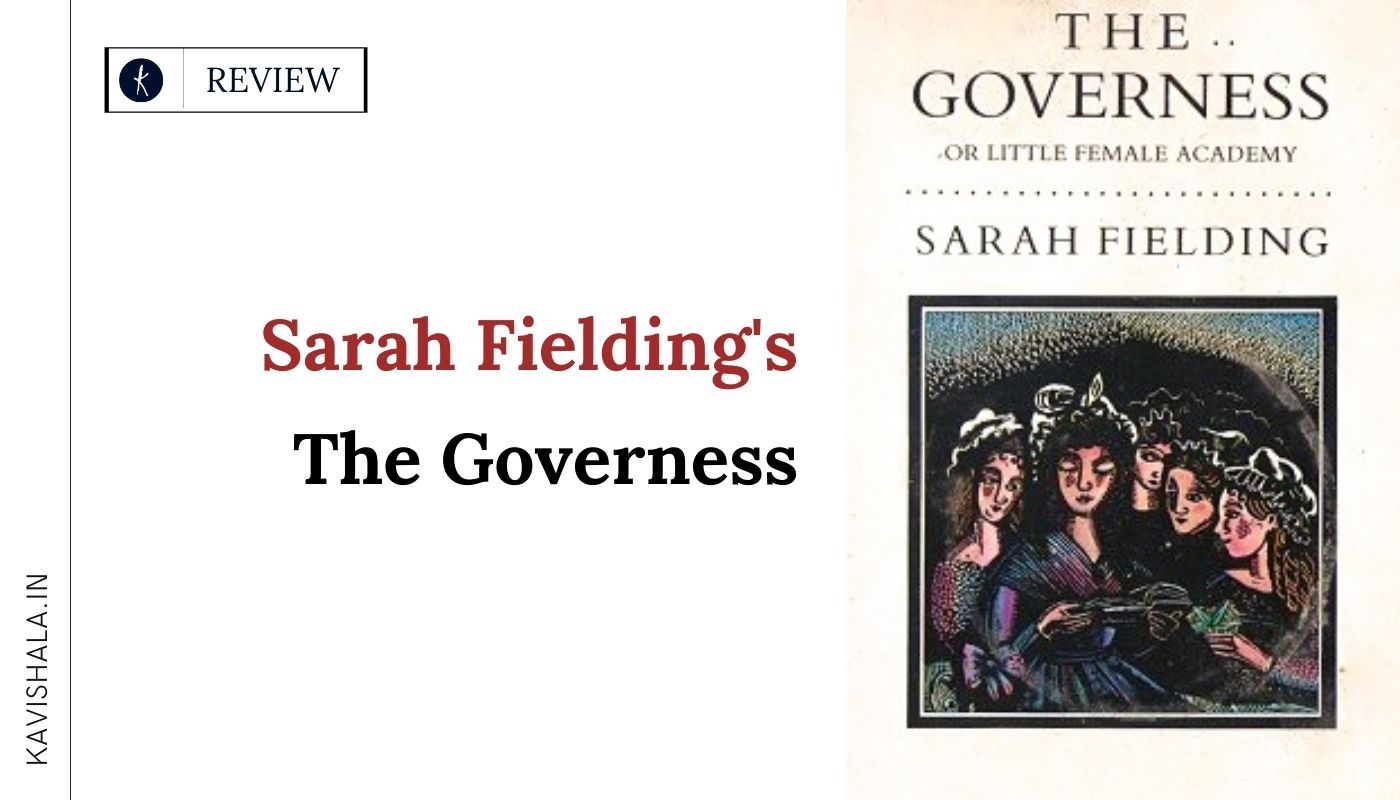
Sarah Fielding's The Governess or, Little Female Academy was first published in 1749, and the text is notable for several reasons. It is considered the first full-length novel in English, aimed at children, and especially female children, at a time when books for girls were rare. It features a cast of female characters and in a sense a depiction of a financially independent woman setting up a school for girls.
Mrs. Teacham is a "Gentlewoman" whose main objective was to establish an academy for girls, educating children. Teacham and her scholars at the academy, the girls spend time chatting, talking to each other, and telling each other stories after their lessons. Teacham is portrayed as a figure of authority for the students and encourages good behavior : she was a lively and obedient person and the girls were greatly afraid of their displeasure by disobeying her commands, and were equally pleased with his approval. Teachum clearly appears to represent a model of the eighteenth century feminine ideal.
If we look at the incident of apple dispute, where all the scholars fight for the biggest apple, Teacham gives the most severe punishment which is to take away the apple. Whereas it was necessary for all the scholars to give proof of their superior merit that they should embrace each other, and promise to be friends. Despite the lesson's insistence that "she did what she was so qualified for. Mrs. Teacham was not actually primarily involved in the lesson as a teacher. Instead, much of the moral instruction was Teacham's greatest scholar, Jenny Peace." In fact, at the beginning of the book the incident with the apple was led by Jenny herself while Mrs. Teacham was not involved. After the first fairy tale recitation of the text, Miss Polly Suckling asked Jenny to read a second The proposal was politely questioned, saying that altho she was not prepared to deny anything," said Miss Jenny... She thought it would be better if they were to read some true history, from which they learned something. can. Jenny's response, supported by Mrs. Teacham, is to imply that Polly, in an effort to better herself, is "thinking herself above innocent entertainment" and deserves to be ridiculed for her impact. This exchange shows that although the aim of the Academy is to educate, where the lead character "leads the child to the correct answer, with the appearance that they have worked it out for themselves". In fact compliance is the only essential quality a girl should have. Polly is mocked and forced to submit, controlling her interactions without really changing her opinion. In addition to dialogues between scholars, the governess also contains monologues, where each scholar provides a short biography of his life at the bottom of the academy, which has always been a moral offense. Personal stories of scholars contribute to governance.
Reign's Two Fairy Tales :
Another important feature of Reigns as dialogue text is its predictable use of fairy tales for child audiences. Until the reign, literary fairy tales had a predominantly adult a
No posts
No posts
No posts
No posts

Comments